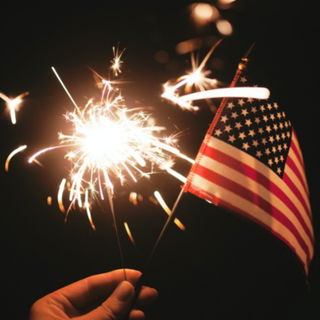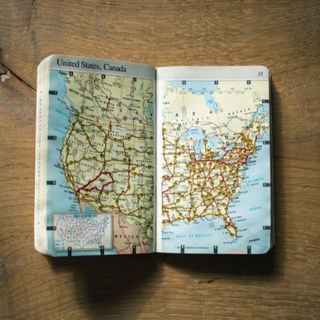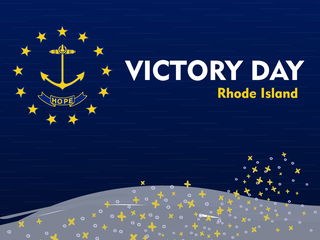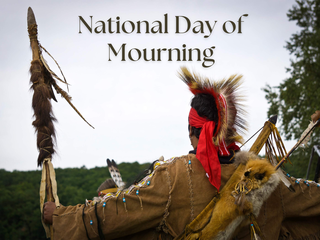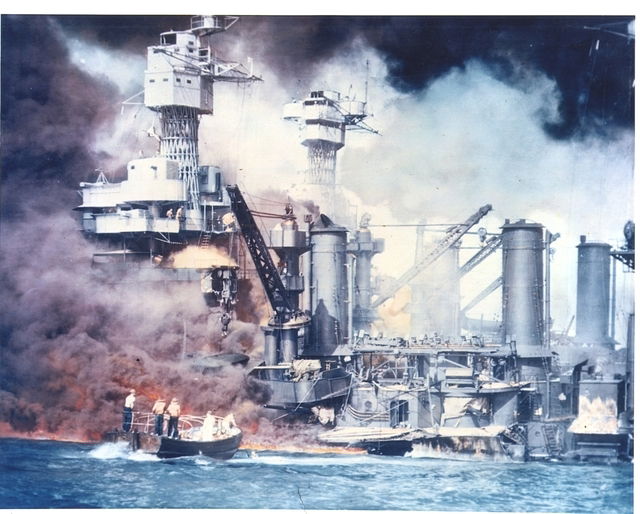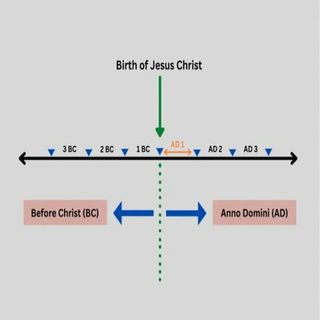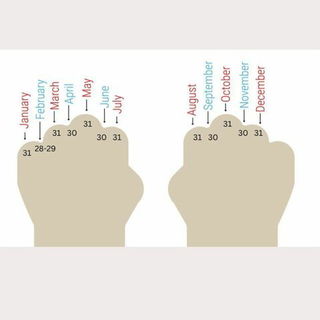- Calendar
- Calendar 2025
- December
- Pearl Harbor Remembrance Day
Pearl Harbor Remembrance Day
National Pearl Harbor Remembrance Day takes place on December 7 every year. It commemorates the attack on Pearl Harbor, Hawaii, on December 7, 1941. In 2023, it will be observed on Thursday.
The day is also known as Pearl Harbor Remembrance Day and Pearl Harbor Day. It also honors efforts made in the Pacific War (WWII) that followed the attacks.
While it is a federally recognized observance, Pearl Harbor Day is not a holiday. Federal offices, mail services, and businesses follow standard working hours.
What Happened at Pearl Harbor on December 7
On Sunday, December 7, 1941, around 7:55 am, hundreds of Japanese fighter planes and submarines attacked the United States naval base of Pearl Harbor.
At precisely 7:58 am, a warning on the radio surprised the entire fleet at Pearl Harbor- "Air raid, Pearl Harbor! This is no drill! This is no drill!"
In just over an hour, the surprise attack destroyed or damaged more than 300 aircraft and 19 Navy ships, including 8 battleships. More than 2,400 Navy personnel and civilians died and over 1,100 were injured.
President Franklin D Roosevelt called it “a date that will live in infamy,” and declared war on Japan the following day, on December 8. Three days later, Japan's allies Germany and Italy declared war against the United States. Thus, the United States entered World War II.
"Yesterday, December 7, 1941- a date which will live in infamy- the United States of America was suddenly and deliberately attacked by naval and air forces of the Empire of Japan"
-President Franklin D Roosevelt
Why Pearl Harbor Was Attacked
There had been strained relations between the United States and Japan for decades. The United States had been alert to Japan's efforts of expansion, and especially Japan's declaration of war on China in 1937.
Japan intended to attack the Philippines, Burma, and Malaya to obtain needed resources. The United States Pacific Fleet stood in their way. By Mid-1941, the Japanese occupied all of Indochina and had entered into the Tripartite Pact with Germany and Italy, the Axis Powers.
The United States, in turn, imposed economic sanctions and trade embargoes on Japan, stifling their access to essential war materials. The sanctions strained relations between the two countries even more. Despite months of negotiations, no agreement was made. War seemed inevitable.
The Pacific was an area of significant importance, and Pearl Harbor had been a principal site of the American Naval placement in the Pacific Ocean since 1887. It, however, was in the middle of the Pacific Ocean and 4,000 miles away from Japan. No one suspected a war would begin there. The harbor was left relatively defenseless.
Warnings issued from America months in advance, and even from radars on the day, were ignored. The Pacific Fleet was moored side-by-side around Ford Island in the harbor, and hundreds of airplanes sat vulnerably in surrounding fields.
The Aftermath of Pearl Harbor
Although Pearl Harbor started the Pacific War, the United States Navy was able to recover quickly from the attack as the main supplies were not damaged. Many ships were salvaged and repaired.
The cost of human life was high: The US military lost over 106,000 in the Pacific War; Japan lost 2.1 million. Around 2280 people in service were killed and 1109 servicemen and women were seriously injured. The attack did not even spare civilians as sixty-eight of them died.
Americans of Japanese descent were also considered a threat to security. Therefore, in March 1942, the federal War Relocation Authority (WRA) was established “to take all people of Japanese descent into custody, surround them with troops, prevent them from buying land, and return them to their former homes at the end of the war.”
History of Pearl Harbor Day
On May 30, 1962, the Pearl Harbor National Memorial was established at the site in Honolulu, Hawaii.
In August 1994, the United States Congress designated December 7 as National Pearl Harbor Remembrance Day. In November, President Bill Clinton issued a proclamation declaring December 7, 1994, the first National Pearl Harbor Remembrance Day.
Never again can America be unprepared, or allow an aggressor to threaten our vital interests, or isolate itself from events of global significance.
In 2023, the attack on Pearl Harbor will see its 82nd anniversary, and as is the case every year, a ceremony took place to commemorate the occasion. The ceremony included a blessing, a military rifle salute, a flyover formation, two speeches, and a minute's silence at exactly 07.55, the time that the attacks began.
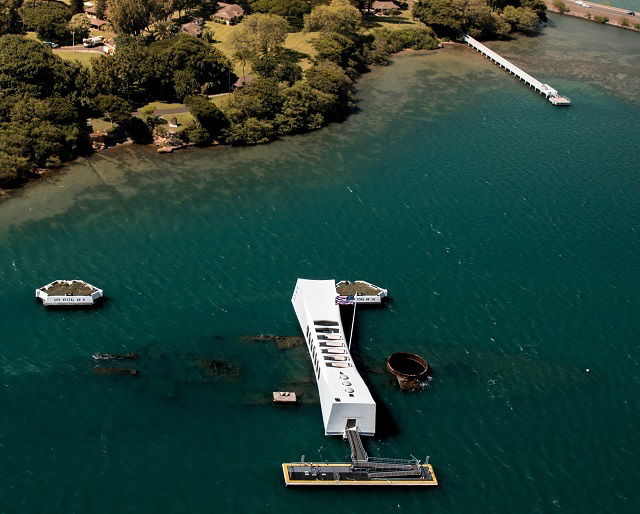
Pearl Harbor Day Observance in the United States
- Each year the President issues a proclamation honoring the military, survivors, and veterans, with appropriate ceremonies and activities. All Federal agencies are required to display the American flag at half-staff. Citizens who display the flag are asked to do the same.
- There are memorial services held at the Pearl Harbor National Memorial, leading up to a commemoration ceremony on December 7. The site is free for visitors to attend, including the visitor center, museums, and the USS Arizona Memorial Program.
- The Pearl Harbor Memorial Parade is held every year on December 7 in Honolulu, Hawaii. This is done to honor and pay tribute to the veterans and armed forces of the United States.
- People who visit the site drop orchid petals into the water at the bottom of which the sunken USS Arizona lies. It is a mark of respect for the crew members who lost their lives when it sunk to the bottom.
- In schools, special programs are hosted to educate students about the history of Pearl Harbor. It also teaches young people about the internment and ill-treatment of Japanese Americans.
- There have also been many films, miniseries, and documentaries about the attack. Michael Bay's 2001 movie titled Pearl Harbor is a well-known example.
In 2021 the hashtag #PearlHarbor trended on social media as people across the country, both young and old, shared their thoughts and reflections at the event with their friends and family. #PearlHarbor trended on social media as people across the country, both young and old, shared their thoughts and reflections at the event with their friends and family.
Pearl Harbor Interesting and Unknown Facts
- Rear Admiral Ryunosuke Kusaka was the one who came up with the operational plan of attacking Pearl Harbor. It was neither Admiral Isoroku Yamamoto nor Commander Minoru Genda.
- After the incident of Pearl Harbor, Americans of Japanese descent were removed from their homes and relocated to camps.
- Hawaii, the center of the Pearl Harbor attack was home to around 160,000 people of Japanese ancestry. That constituted around 45% of the total population in Hawaii.
- The Japanese carried out a 'mock or test attack' on Kyushu island which resembled Pearl Harbor to a considerable extent.
- On the ill-fated morning of December 7, Honolulu Police Chief William A. Gabrielson's dog was barking and howling. Apparently, he had never done such a thing before the incident or after it.
You might like to read about D-Day next.
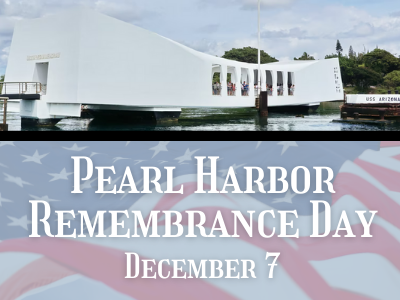
Other Celebrations
-
Jan 27 Mon
-
Apr 26 SatInternational Chernobyl Disaster Remembrance Day
-
Aug 28 ThuRainbow Bridge Remembrance Day
-
Nov 16 SunWorld Day of Remembrance for Road Traffic Victims
-
Nov 20 ThuTransgender Day of Remembrance
-
Nov 30 SunDay of Remembrance for all Victims of Chemical Warfare

Pearl Harbor Remembrance Day - Next years
Monday, 07 December 2026
Tuesday, 07 December 2027
Thursday, 07 December 2028
2025 Calendars
You might also be interested in
